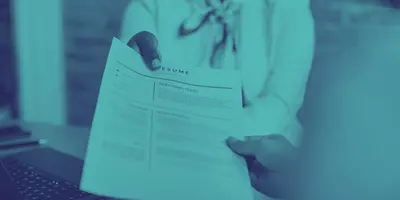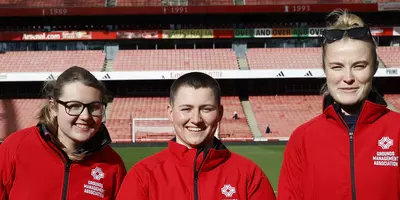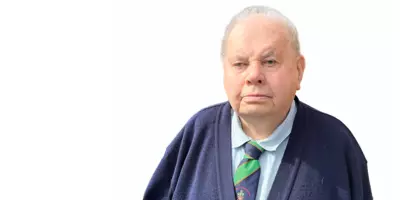
26 Apr 2024 ● The GMA
Demystifying Interviews: Before, During and After
Before Your Interview
Preparing for your interview is crucial for maximising your chances of securing the role. Don’t just turn up on the day and wing it! Here's how to get ready:
Research:
- Familiarize yourself with the organisation by exploring their website and seeking opinions from past employees if possible.
- Understand the role by reviewing the job description and person specification. Highlight where your experience aligns with the requirements.
- If possible, find out the size of the grounds team, where this role will fit. The standards required, sports played at that organisation and the experience needed.
Prepare Answers and Questions:
- Anticipate questions that may arise during the interview and prepare thoughtful responses. For example, you might be asked why you have applied for the role, why you feel you are the right candidate, and why you are leaving your present employer. There may be technical questions testing your knowledge for example on pests and disease or health and safety legislation.
- Have questions ready to ask the interviewer. You could ask about training and qualifications, or their policies on internal progression for example.
Logistics:
- Know the interview location and plan your route in advance. Consider doing a trial run if necessary. If using public transport, make sure you check the connections. There is nothing worse than being late for an interview.
- Arrive slightly early, well-dressed, organised and know whom to ask for. Remember, first impressions matter.
During the Interview:
- The interview format will vary depending on the organisation. It could be a one to one with the head groundsperson or a panel interview. If a panel, try and find out who is on the panel and the role they hold within the organisation.
- Interviews are daunting by their very nature; you want the job and therefore are nervous in case you say or do the wrong thing. Try to give the air of confidence with positive body language, even though you may not be. Walk tall into the room, smile, sit up straight, establish eye contact with the interviewers and try not to fidget.
- Think before you speak. Any question you are asked, take a second to think out your answer before giving it.
- Use the interview as an opportunity to showcase your skills and knowledge. In a good interview the questions posed are there to stretch you and find out more about you, not to trick and confuse you.
- If you have prepared well for the interview there should be a number of questions about the role and the organisation you can ask, usually at the end of the interview.
- Always ask at the end of the interview what the next step will be, if there is a second interview and when they will come back to you with a decision, make them aware of how to contact you and if you are away on holiday for example let them know.
- Often you will be asked to take proof of ID and the right to work in the UK documentation with you to the interview. This is normal and satisfies certain employment laws.
- Take relevant qualification certificates if asked.
- Take your portfolio if you feel it is relevant and will enhance your application.
After the Interview:
If successful:
- If successful and you are offered the role it is normal for it to be offered first verbally, if accepted then an offer letter is sent/emailed.
- You are not obligated to accept an offer if the role is not right for you. However, good manners dictates that you contact the organisation to let them know you are declining the offer.
- An offer letter usually details the key points of the verbal offer i.e. salary etc. Once you have received this and are happy with the details then hand your notice in to your present employers.
- Most offers are subject to references and possibly CRB checks.
If unsuccessful:
- Contact the organisation and ask for feedback, this will give valuable insight into how you performed and help improve your presentation for the next interview.
- Take positives away, you got an interview, and any interview is good practice. It also shows that your CV did its job.


